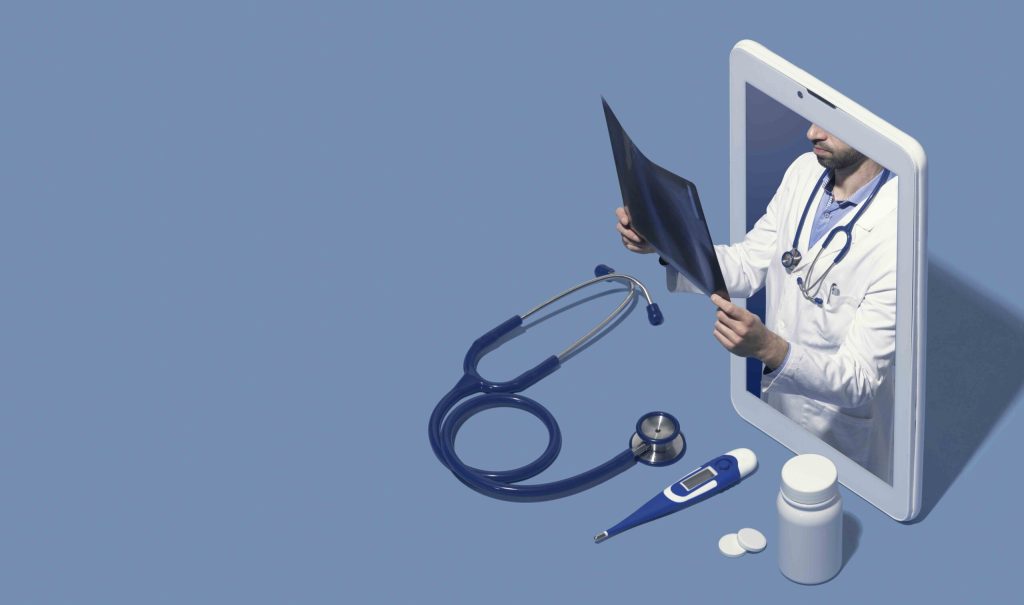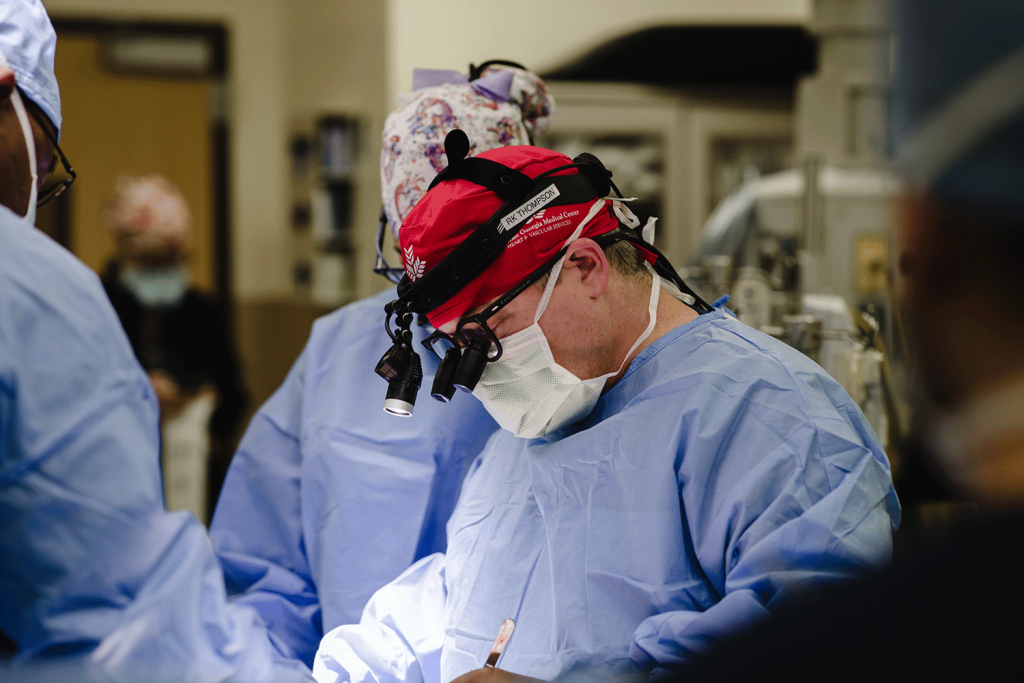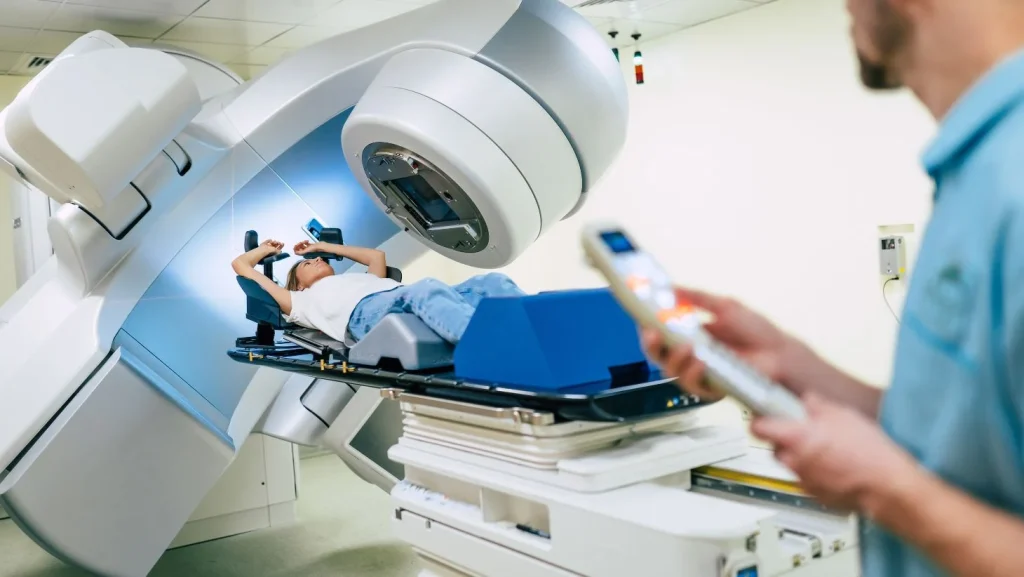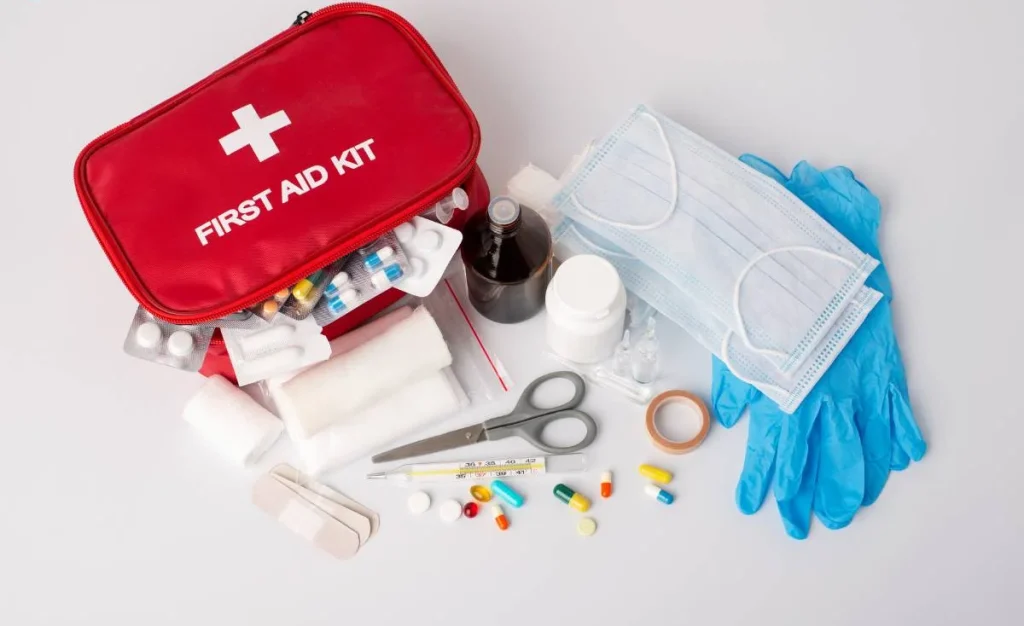Complementary Therapies: What’s Worth Trying?
The pursuit of wellness and the management of chronic conditions often leads individuals beyond the confines of conventional, Westernized medicine, prompting an exploration into what are broadly termed complementary therapies. This expansive and heterogeneous category encompasses a vast array of practices, products, and approaches that are utilized alongside standard medical treatment. The motivation for this…
Read more










